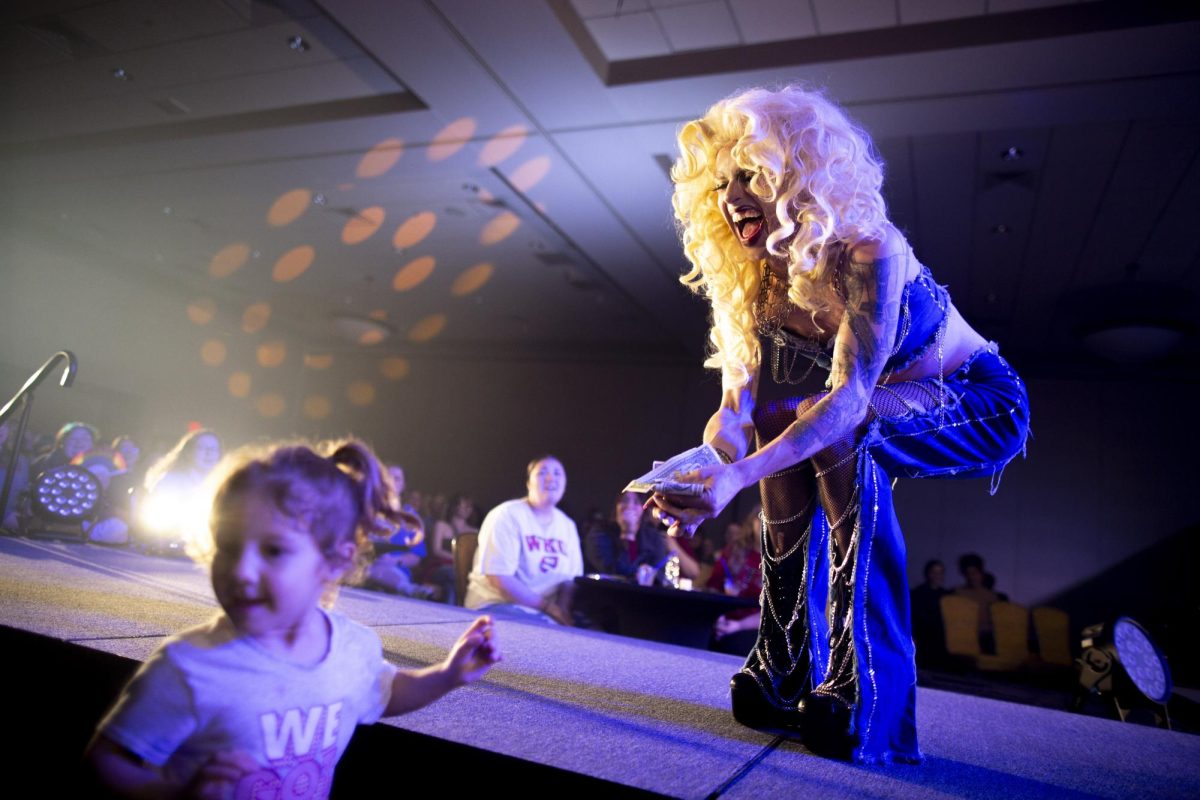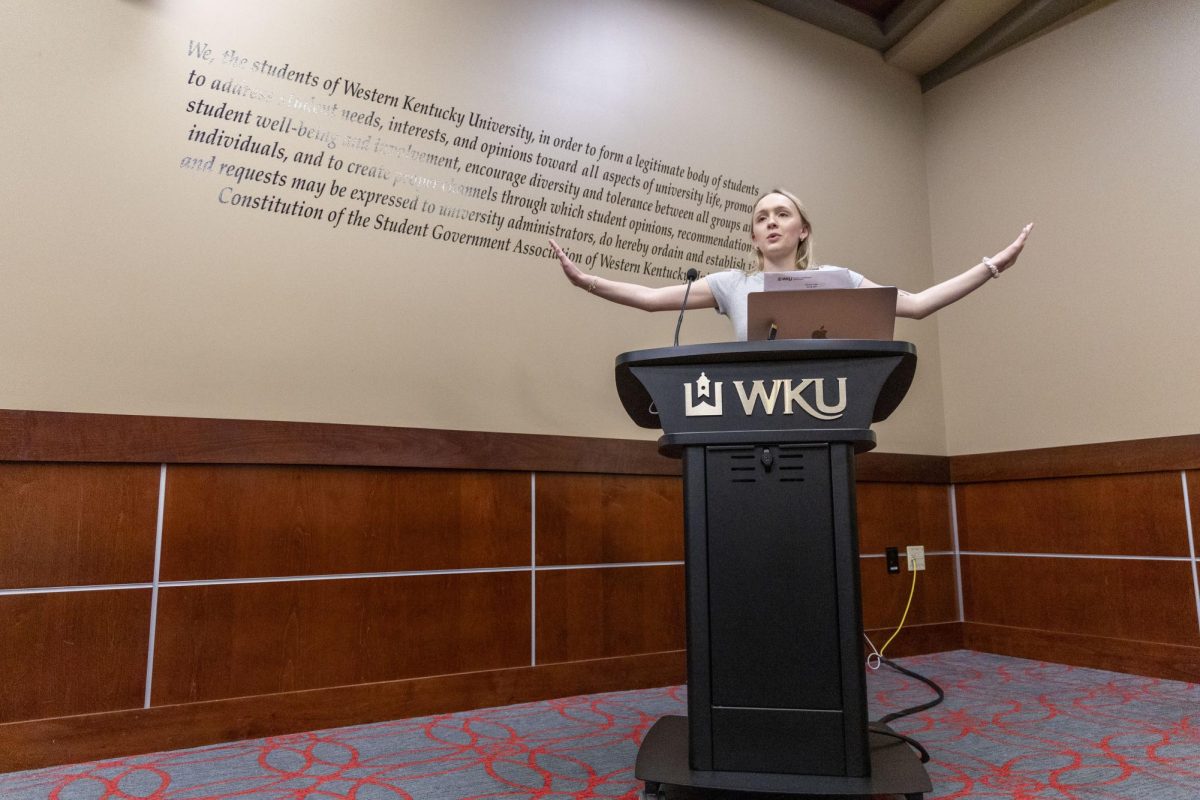WKU updates policy on service animals
April 10, 2019
WKU’s policy on service animals was updated March 27 in compliance with the Americans with Disabilities Act.
The updated document included the policies and procedures for a service animal on campus. According to the policy, the definition of service animal includes a dog or miniature horse that is trained to do a specific task to help an individual with disabilities.
Examples provided were helping those with vision problems such as blindness navigate, helping wheelchair users get around and getting items need by the person with disabilities.
The policy also explained that the person’s disability must be defined by the ADA and the animal must be trained in a specific task.
“Work or tasks performed by a service animal must be directly related to the owner/handler’s disability,” according to the document.
The person with the animal can be asked if the animal is required and what work it does unless it is obvious. They cannot be asked about the extent of their disability or for documentation for the animal.
Service animals are allowed in almost any area on campus, except for areas with that may cause problems to the service animal or the people in the area. These may include, but are not limited to “research laboratories, classrooms with demonstration or research animals, wood shops, metal/machine shops, electrical shops, and mechanical rooms, certain health care areas or laboratories or food preparation areas,” according to the policy.
The document included information about contacting the Student Accessibility Resource Center to register a service animal in a dorm.
It also detailed the responsibilities of the owner of the service animal and the responsibilities of the WKU community toward the animal and its owner. The community responsibilities included not interacting with the animal unless invited and not separating the service animal from its owner.
“If it is not readily apparent that an animal is a service animal performing tasks for a person with a disability, the appropriate method to ascertain if the animal is a service animal is to ask if the animal is required because of disability and what task the animal has been trained to perform,” according to the document.
The document also included when a service animal may be prevented from coming to campus or may be removed from campus. It also provided contact information about an aggressive or out of control service animal.
News reporter Lily Burris can be reached at 270-745-6011 and lily.burris203@topper.wku.edu. Follow her on Twitter at @lily_burris.













